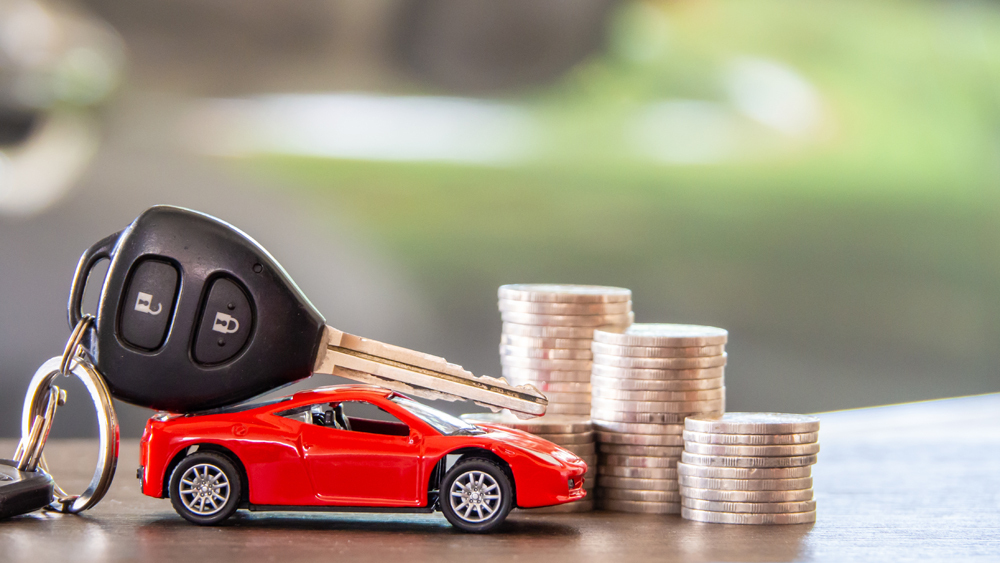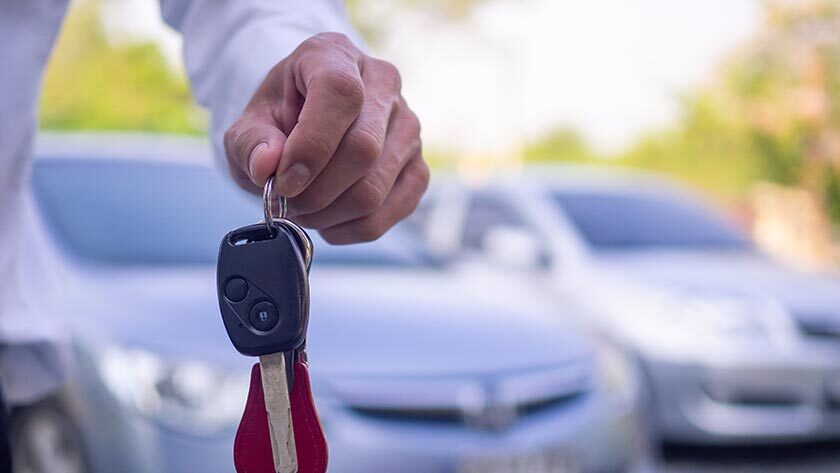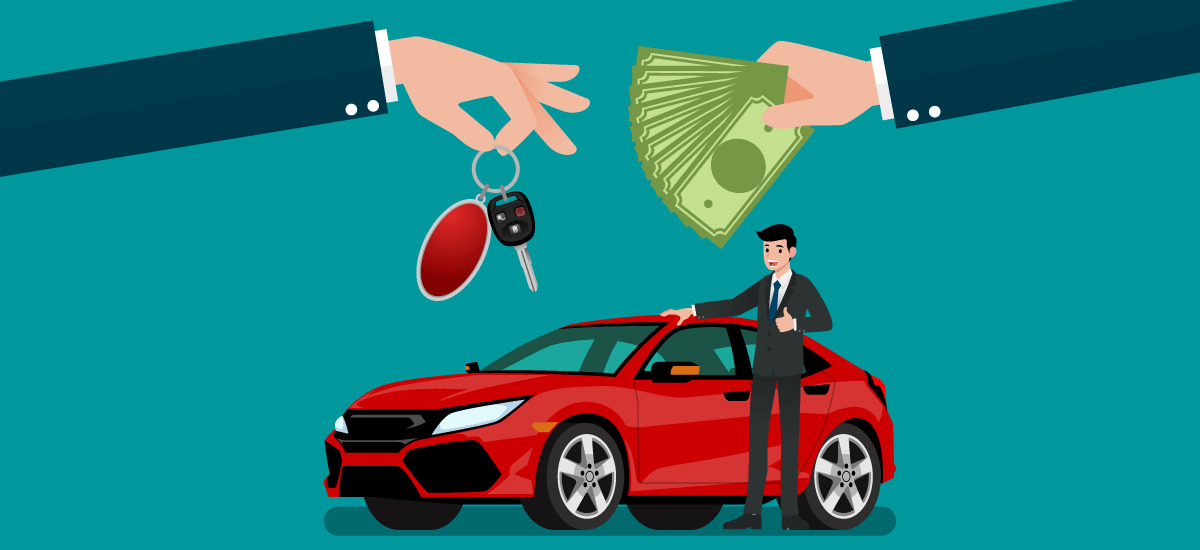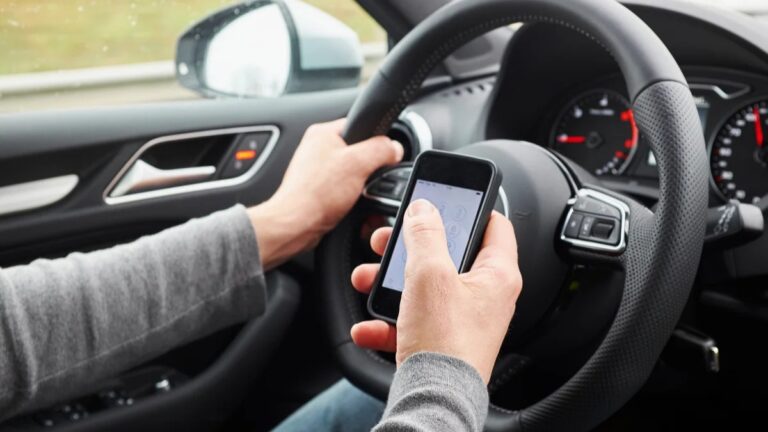
Car Lease
A recent survey revealed that purchasing a car ranks among the most significant, and most stressful, financial commitments in a person’s lifetime, comparable to investing in a home, raising children, or pursuing higher education.
Yet, transportation is a necessity; one still needs a reliable way to get to work. Here’s the hard truth: leasing a vehicle is never a smart choice.
Leasing a car is, without question, one of the biggest financial traps. Wanting a shiny, high-end vehicle but not being able to afford it outright doesn’t justify entering a lease. Instead, it is far wiser to purchase a car that fits within your actual budget.
Many people fall into the leasing cycle because it seems like the “normal” thing to do. After all, leasing has become so ingrained in modern car culture that it often goes unquestioned.

But popularity does not equal practicality. And the common defense, “It’s so convenient”, doesn’t hold up under scrutiny. How convenient is it really if you end up strapped for cash, unable to make the steep monthly payments, and left without a vehicle when the lease ends?
Consumer Reports supports this stance, confirming that leasing is actually the most expensive way to drive a car. The reason is simple: you are essentially paying for a used car at the price of a brand-new one.
To put this into perspective, let’s break down the numbers. Suppose you lease a vehicle for $500 a month, a figure higher than the national average but easier to calculate.
With a fifty-month lease, you end up spending $25,000 over a little more than four years, only to return the car at the end of the contract. Now, cars lose value quickly, typically 15-20% the moment you drive them off the lot. However, the leasing company estimates a slower depreciation rate, perhaps $20,000 over that period. That $5,000 difference? Pure profit for them.

Because it is highly profitable, in many cases, they make more money renting vehicles through leases than by selling them outright. The most common mistake consumers make is spending excessive amounts of money on leasing when the same amount could have been used to purchase a vehicle outright, sometimes more than once.
To really understand the impact, think in terms of opportunity cost. Every dollar tied up in a lease payment is money that could have been used elsewhere, paying off debt, saving, or investing.
In our example, $500 a month, or $25,000 over five years, represents a significant opportunity lost. Wouldn’t that $25,000 be better spent purchasing an affordable, reliable car while redirecting the remainder toward building financial stability?
The idea that leasing is cheaper is a dangerous myth. It isn’t, and the numbers make that clear.



